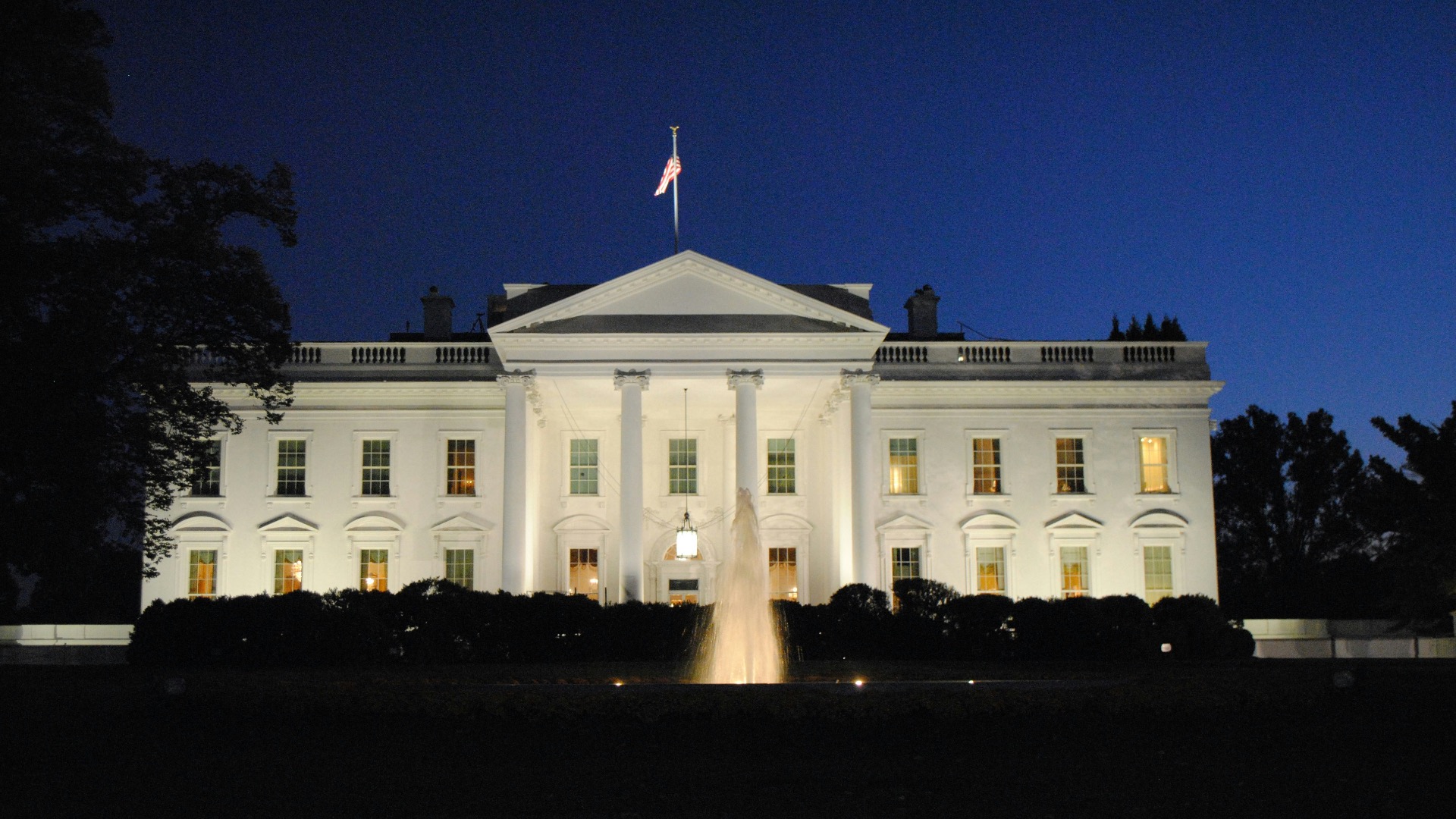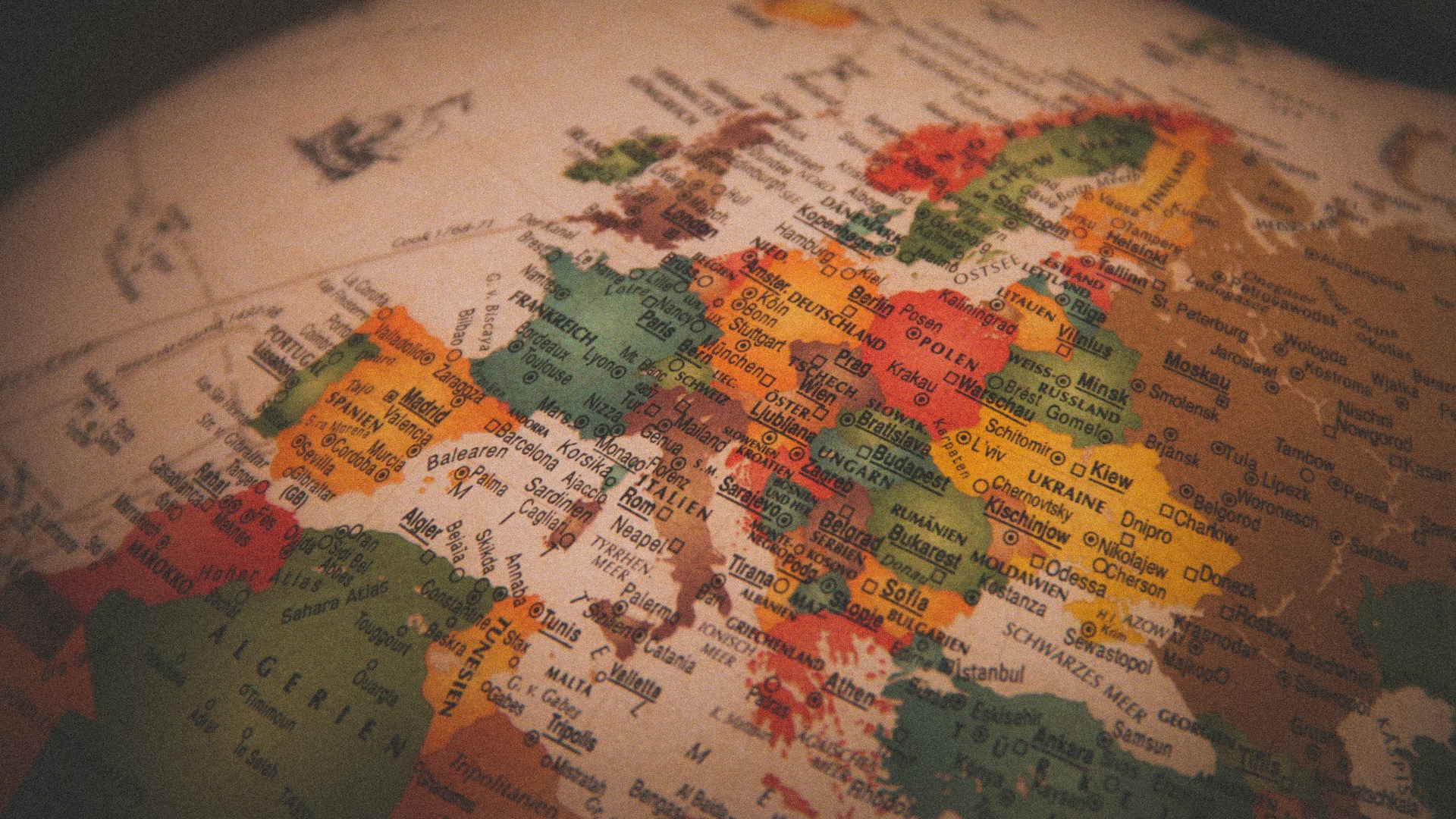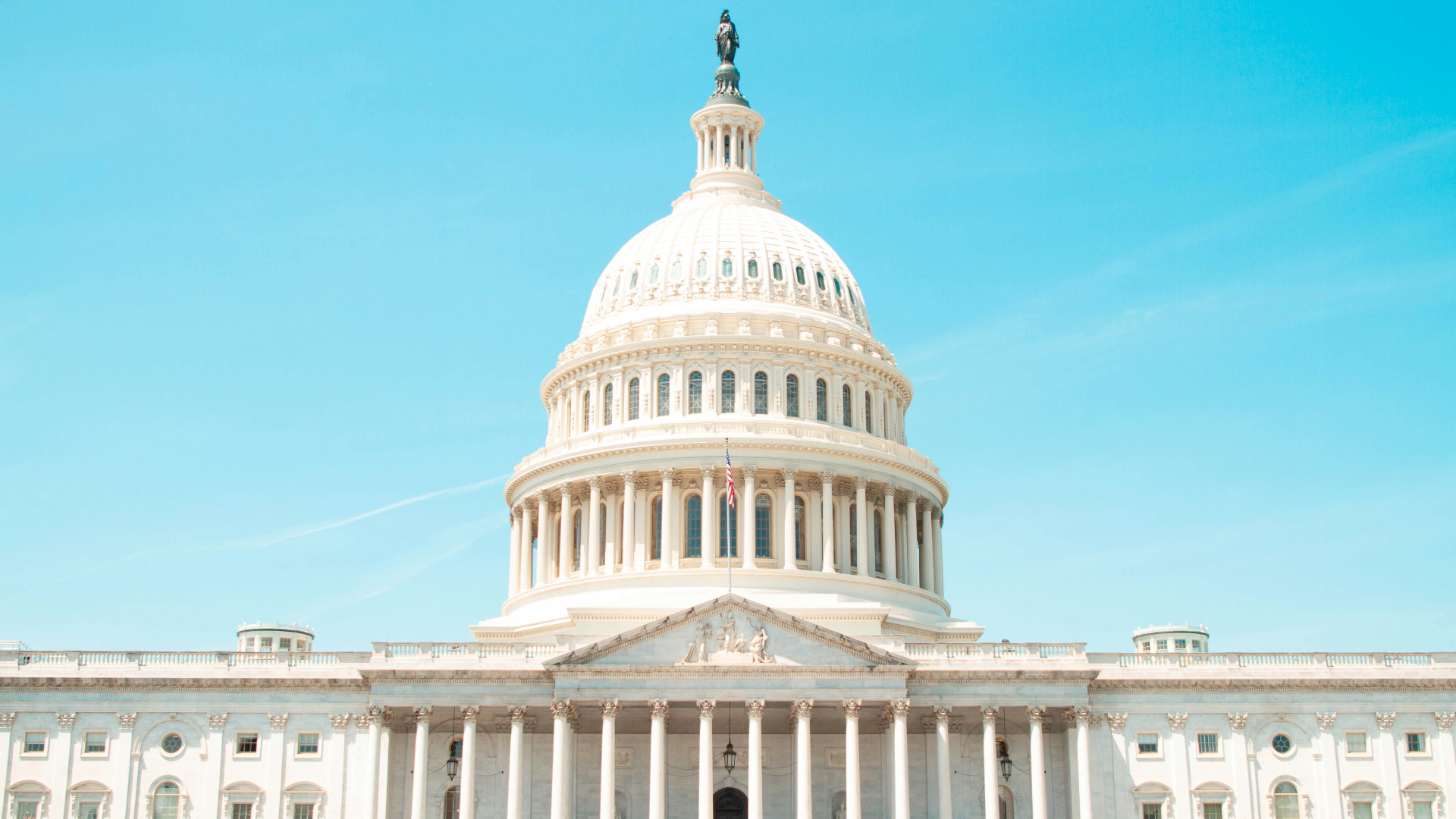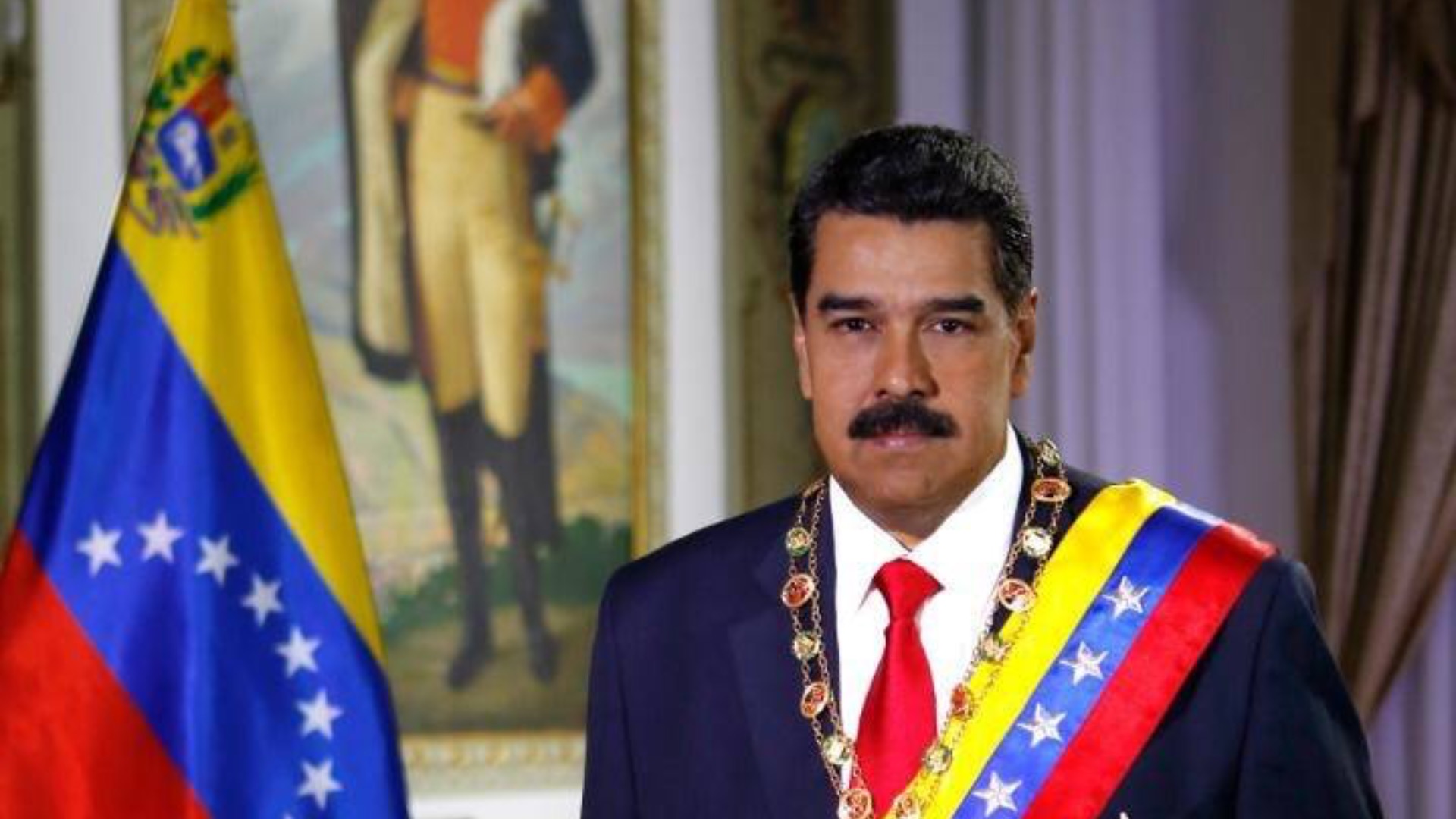
In Trump's America, rules don't matter – only access to power does
In recent weeks, the world has witnessed one of the biggest changes in the history of US economic policy. Within a matter of days, President Trump announced massive tariff increases that caused panic on the financial markets – only to backtrack shortly afterwards. Congress was not consulted in any meaningful way, nor is there any indication that the decisions were based on a structured, rational process.
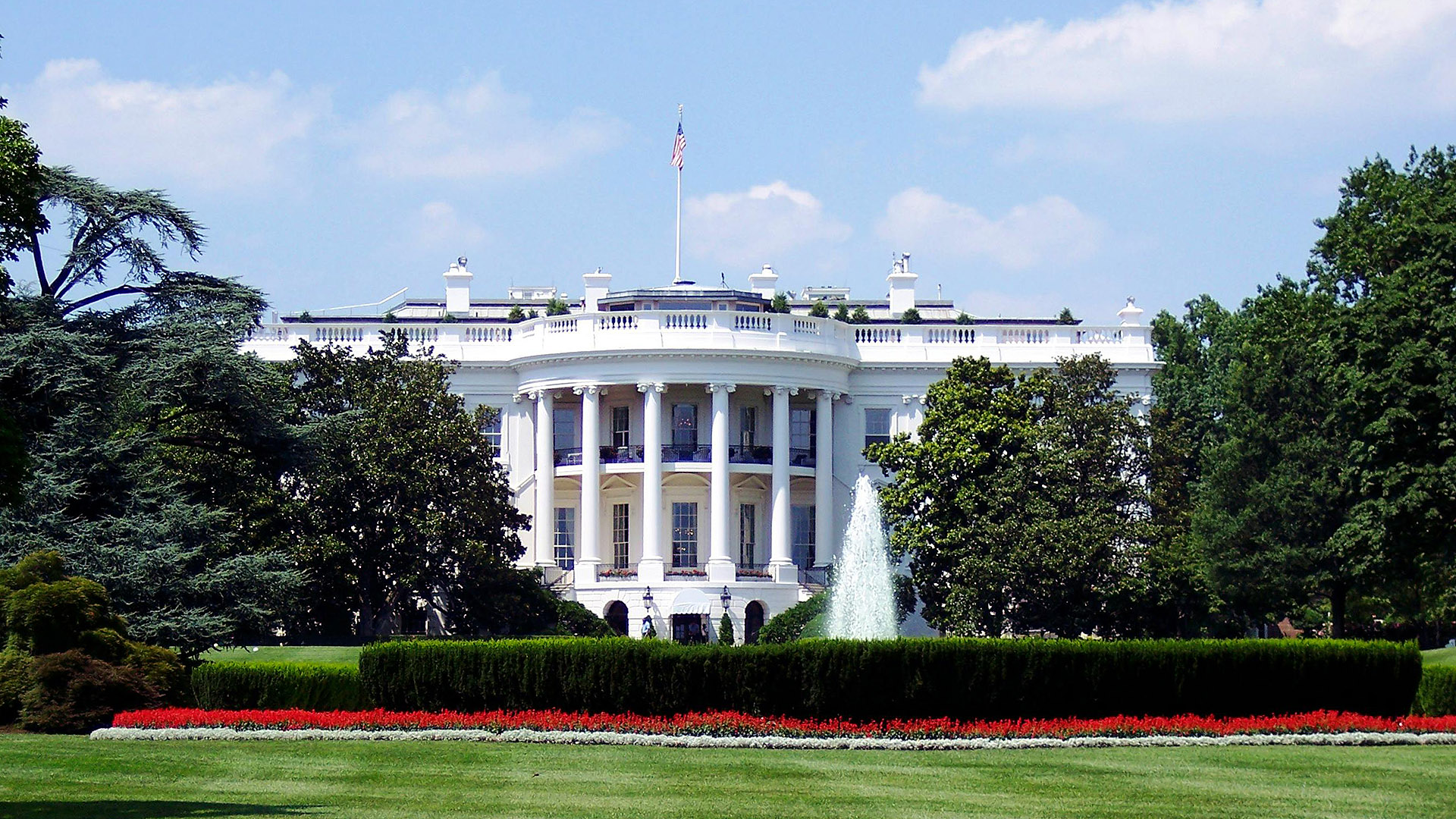
Economists, who rarely agree, were almost unanimous in their criticism – some even mocking. Political experts also found it difficult to see any strategically comprehensible logic in the threat of a global trade war. And yet, when viewed in a different light, the move makes perfect sense – because it may not be about trade at all, but about power.
This is what Francisco Rodríguez, Professor of International Relations at the University of Denver, writes in a guest article in the New York Times that is well worth reading.
According to the US Constitution, responsibility for trade issues lies with Congress. However, Trump invoked the International Emergency Economic Powers Act, which allows the president to regulate trade in the event of economic emergencies, thereby effectively bypassing the constitutional control body. The message was clear: the executive branch is claiming more powers than it is entitled to under the Constitution.
The financial markets reacted accordingly: unlike in previous crises, the dollar did not rise – on the contrary, it fell significantly. This signals that investors not only fear economic damage, but are increasingly doubting whether the US is still a reliable place to invest capital.
For observers from countries where authoritarian tendencies are emerging, however, this seemingly irrational approach is familiar. Similar patterns can be seen in Venezuela, where Hugo Chávez paralysed the economy from 2003 onwards by imposing state-controlled prices and exchange rates – while at the same time securing control over the allocation of foreign currency. Or in Zimbabwe, where Robert Mugabe not only ruined agriculture by expropriating white landowners, but also awarded the land to political followers as a reward.
Such measures appear economically unreasonable, but they are extremely effective politically. As my research in developing countries shows, those responsible usually know exactly what they are doing. They are not concerned with economic efficiency, but with securing power and rewarding alliances.
There are certainly staunch protectionists in the White House too. But the apparent arbitrariness behind Trump’s decisions is not a side effect – it is the principle. Only through seemingly unpredictable measures can a government circle seeking to expand its power demonstrate: We make the rules.
This pattern is not limited to trade policy. Trump, for example, used a law from 1798 to deport hundreds of Venezuelans to El Salvador without due process, under the pretext of an alleged ‘invasion’ by criminal gangs. He also issued executive orders against law firms that had previously taken legal action against his policies. Such actions follow an internal logic: the systematic expansion of executive power at the expense of the legislature, the judiciary and the civil service.
The long-term consequences for the economy are devastating. Companies will no longer be guided by market logic, but by proximity to power. Those who do not have access will lose out. Trump made this clear when he announced that exemptions from the new tariffs would be granted ‘instinctively.’ The subtext: there are no rules – only access.
Decades ago, economist Anne Krueger described this dynamic as the essence of a rent-seeking society – an order in which economic success is achieved not through innovation but through political influence.
This development not only weakens a country’s economic power, but also undermines the foundations of democratic institutions. Those who arbitrarily distribute economic power undermine the rule of law and competition – and lay the foundation for authoritarian rule.
The tariff increases will not strengthen America. They only strengthen those currently in power – and endanger the democratic order of the United States. Francisco Rodríguez is convinced that this is the true price of this power politics.

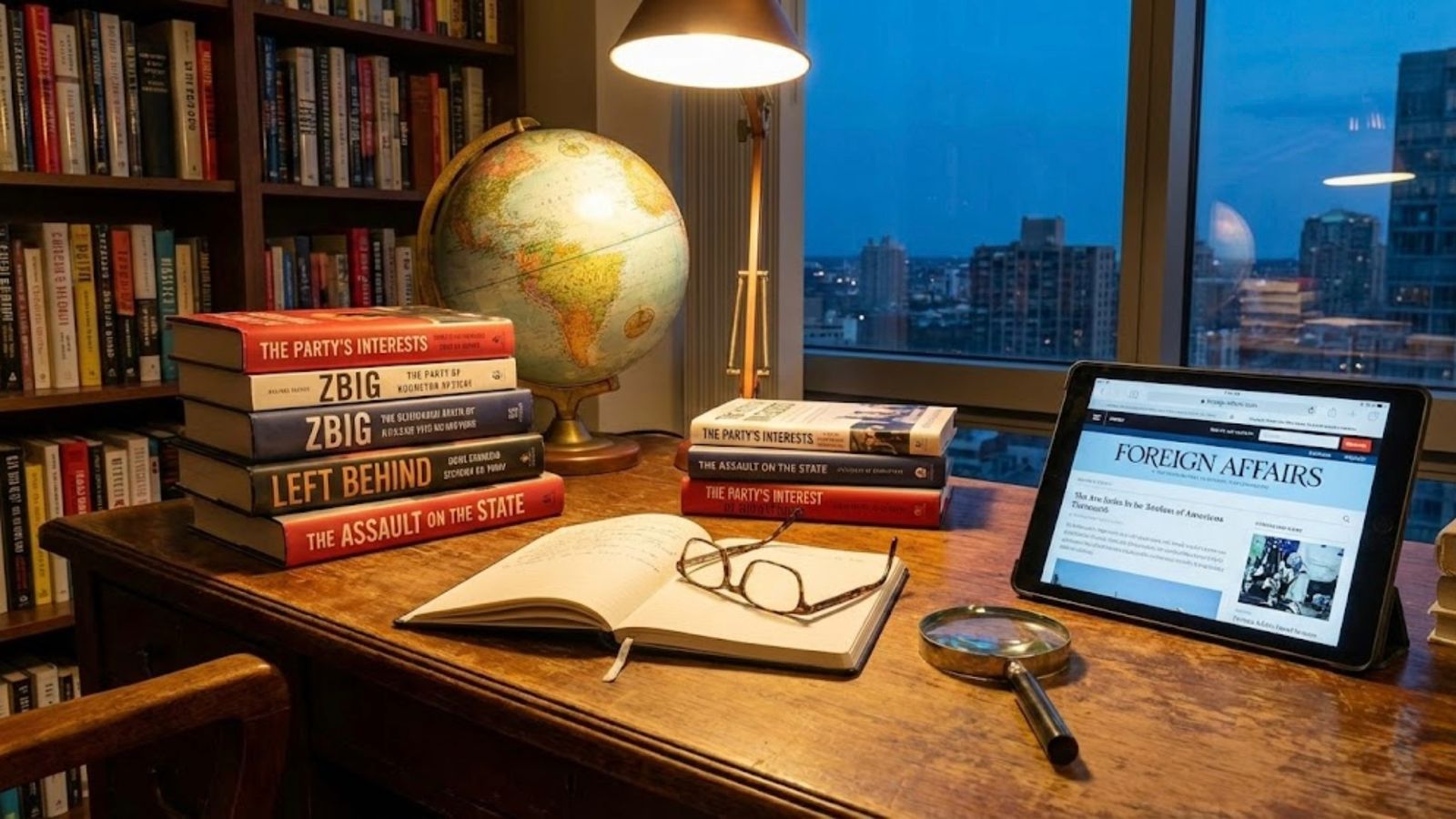
The World in Focus: Highlights from Foreign Affairs’ Best Books of 2025
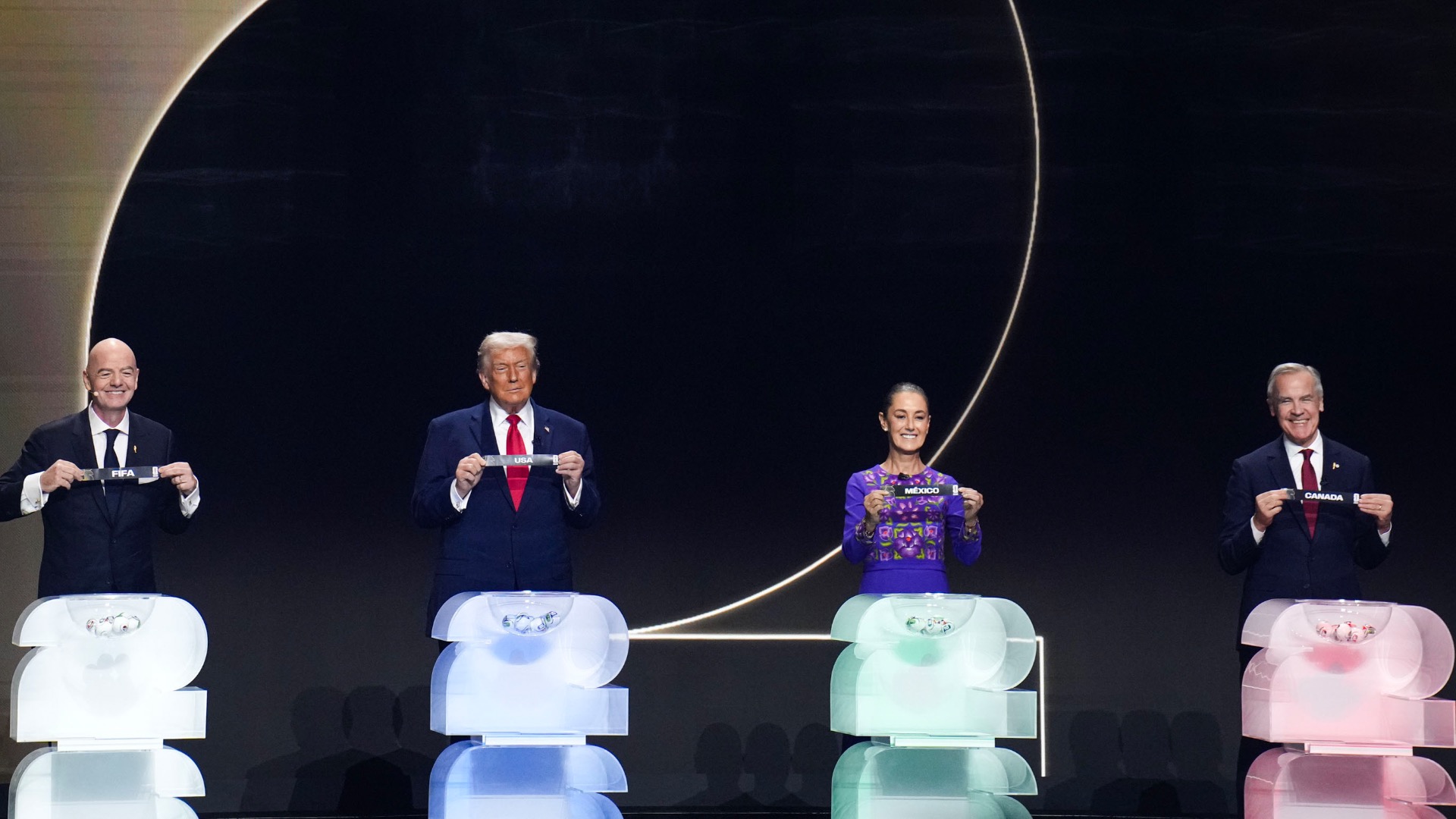

2025: A World Without Resolution
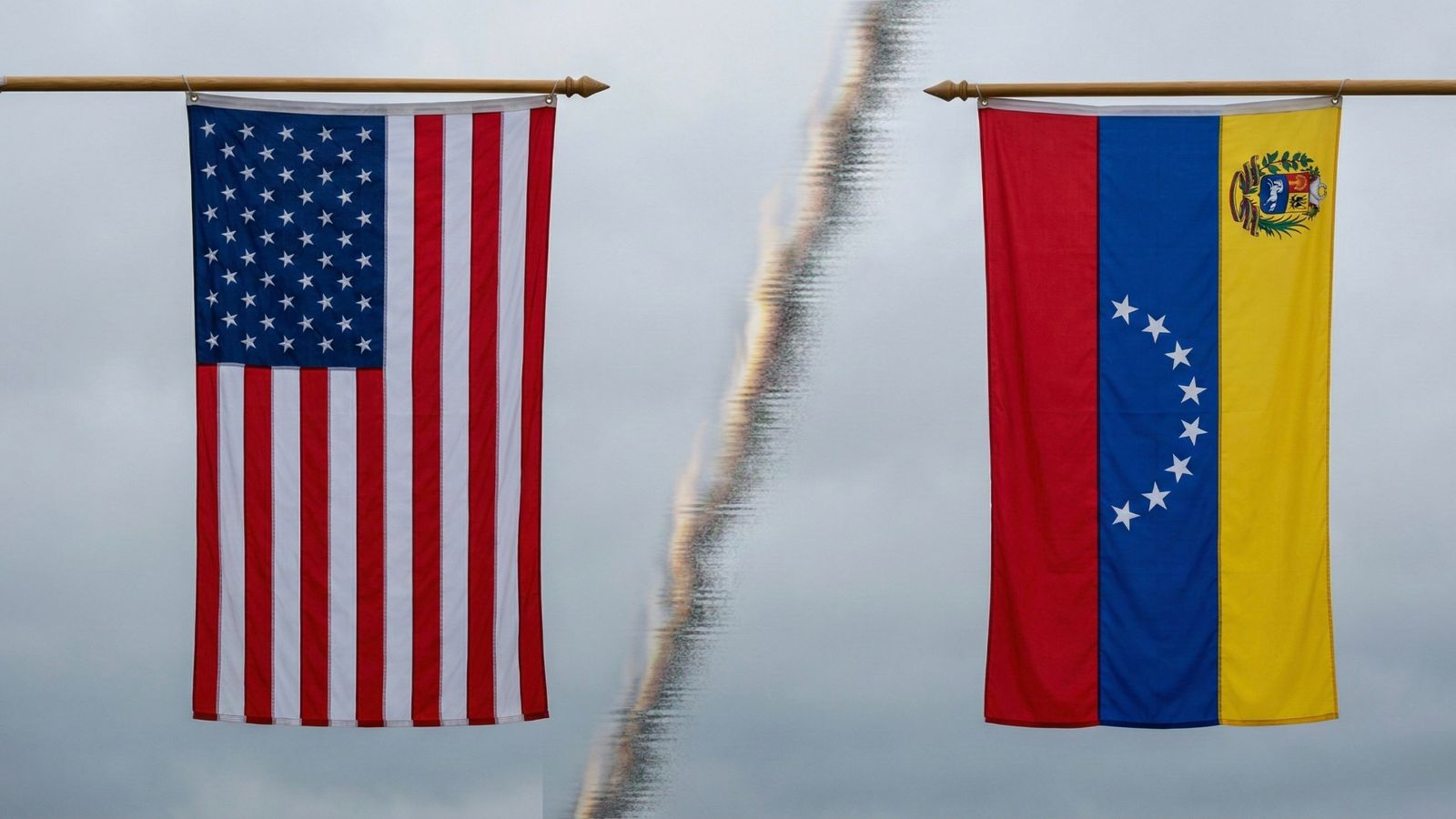
The U.S.-Venezuela Limited War of 2025: A Legal and Strategic Assessment
